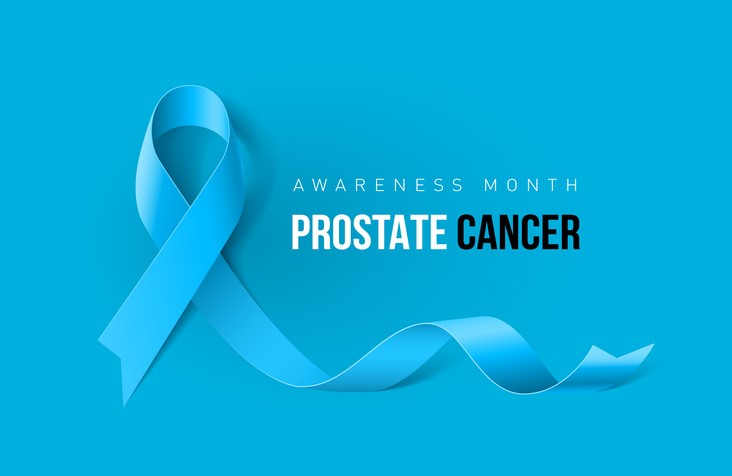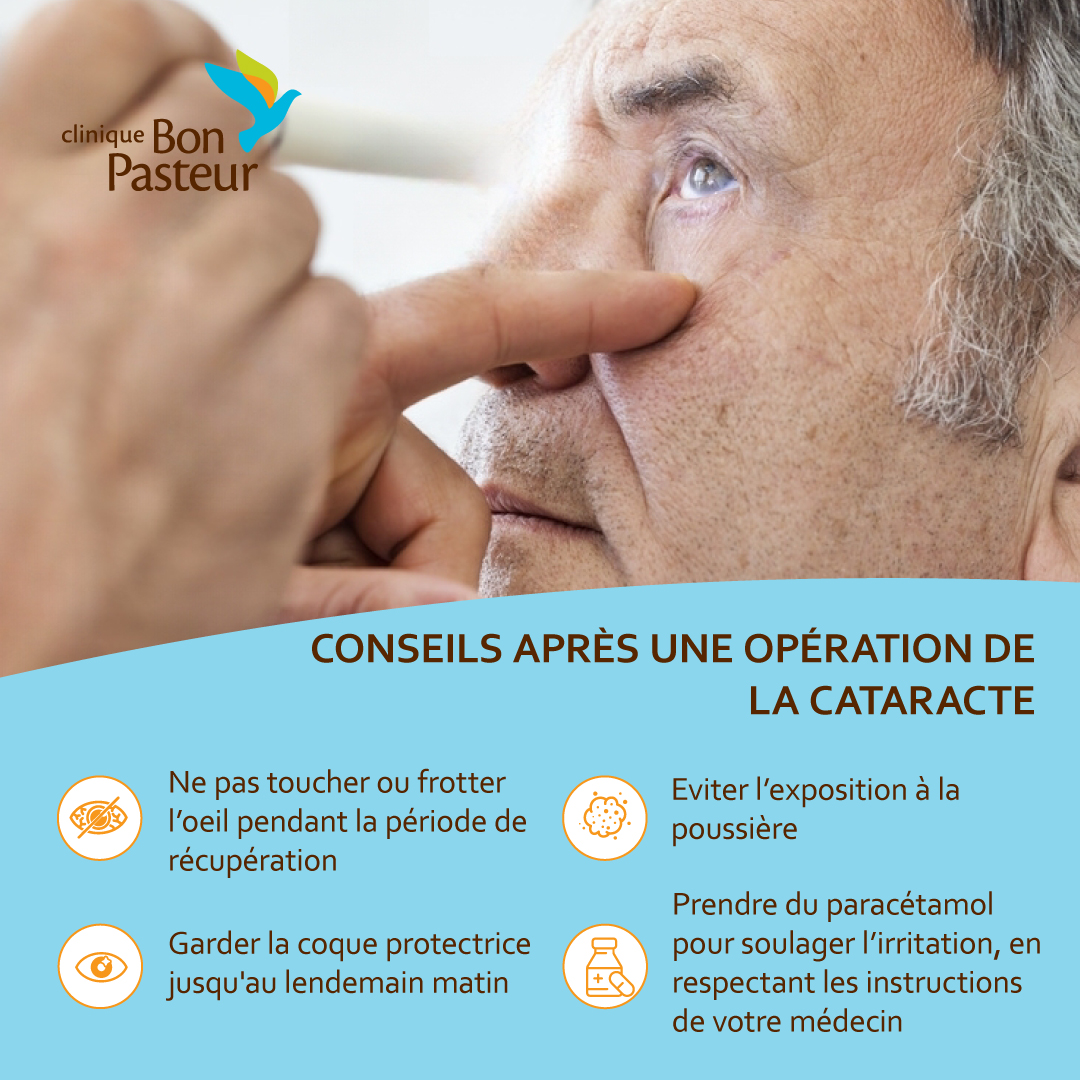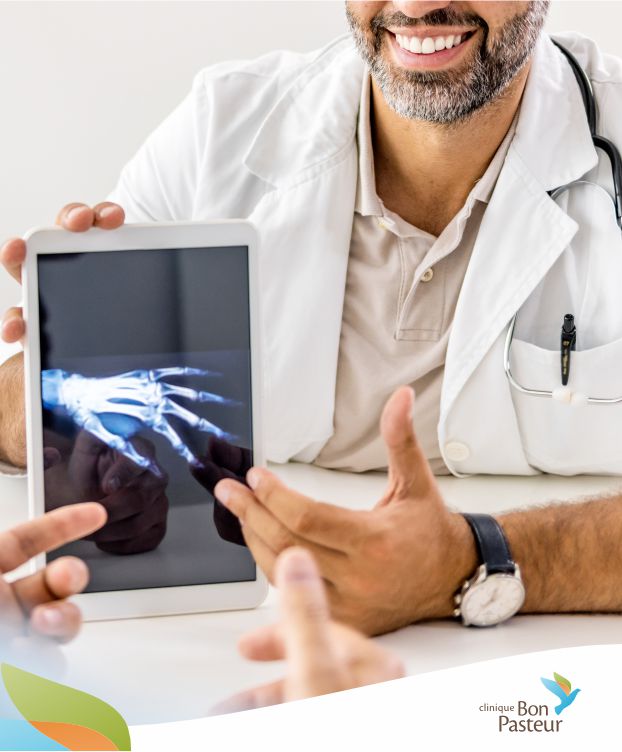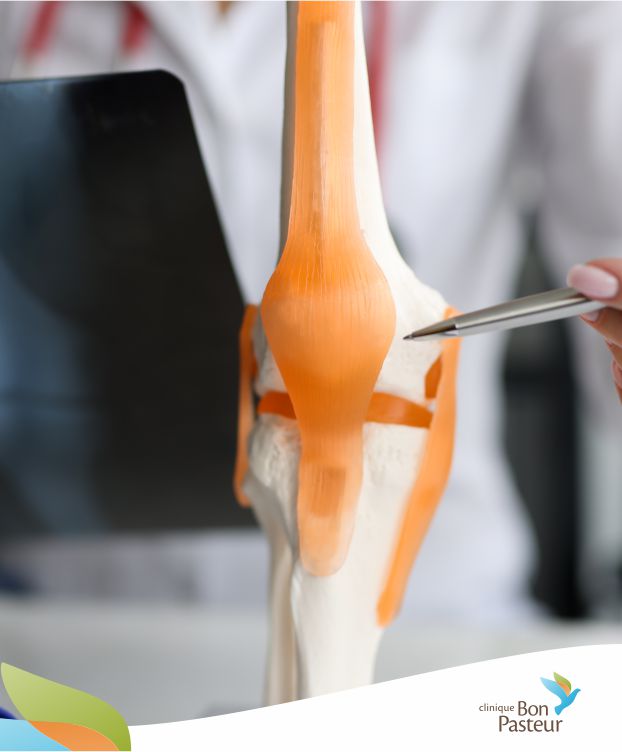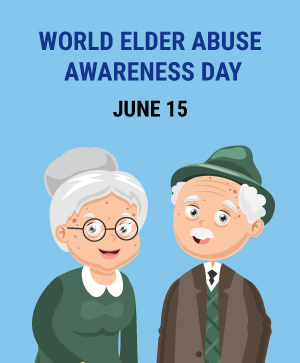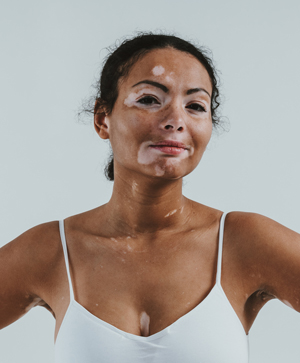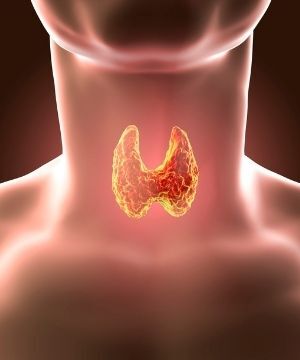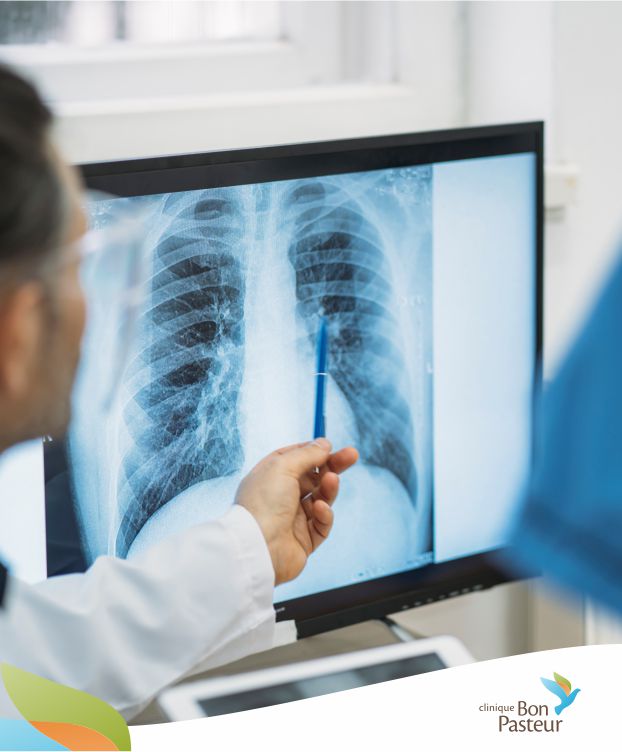Eye health: the most common eye diseases
October 15, 2021
Eye diseases are common, occur at every age, and, in most cases, are benign. While some conditions are more frequent among older patients, others appear early on. All require a consultation with an ophthalmologist. Dr Bisneathsing, an ophthalmologist at the Bon Pasteur Clinic, tells us about common eye problems.
While patients consult with their ophthalmologist for many different reasons, certain conditions are more recurrent than others, according to Dr Bisneathsing. The most common – and usually benign – issues are as follows:
• Blepharitis is an inflammation of the eyelids. Typical symptoms include eyelids that stick together upon waking, pain, a burning sensation and blurred vision. After a clinical examination to confirm the diagnosis, a simple treatment consisting of warm water compresses, cleaning the eyelids with a sterile solution and massaging the eyelids is usually recommended. If the symptoms persist, an antibiotic ointment should be applied.
• A stye is an infection that appears at the base of the eyelashes. Styes can be very painful and are among the most common reasons that patients see their ophthalmologist. Applying warm water compresses to the eye generally helps the stye disappear within a few days. If the stye persists and is accompanied by pain and fever, an antibiotic ointment or an oral antibiotic may be prescribed. If the stye still does not go away, it may require a small operation to remove it.
• A chalazion is a fairly common type of cyst that appears in the thickness of the eyelid. Unlike a stye, its appearance is gradual and painless. A chalazion can usually be removed with warm water compresses, but if it persists and causes discomfort, an antibiotic ointment can be applied or an incision made to remove it.
• Conjunctivitis is an inflammation of the conjunctiva, the transparent membrane of the eye. There are two types: allergic conjunctivitis and infectious conjunctivitis. The former, caused by cane flowers or fruit tree blossoms for instance, is treated with eye drops. It is common in children with asthma and should be monitored to avoid complications. Infectious conjunctivitis, which occurs most often during the change of seasons, usually requires antibiotic and antiviral treatment as well as antiseptic eye drops.
• Dry eyes are itchy and uncomfortable and are caused by a chronic lack of lubrication and moisture on the surface of the eye. In this case, the eyes don’t produce enough tears, which have antiseptic properties and protect the eyes from routine infections. To remedy this, the eye must be artificially lubricated with eye drops and massages.
Other, more serious conditions tend be to linked to ageing. This is the case for the following two diseases:
• Glaucoma, a hereditary condition linked to an increase in eye pressure, can lead to blindness if it is not treated. In its chronic form, it can appear gradually, without any particular symptoms, and impair the patient’s visual function without them being aware of the problem. It’s therefore important to schedule frequent eye exams from the age of 40 onwards, both for the patient and members of his or her family. In its acute form, it is accompanied by pain, reduces the individual’s field of vision very quickly, and must be treated urgently. Treatment involves the application of eye drops followed by a carbonic anhydrase inhibitor. Surgery or laser surgery may be performed at a later stage.
• Cataracts result from the opacification of the crystalline lens, causing the patient’s vision to become cloudy. It manifests as a gradual decline in visual acuity which, if untreated, can lead to blindness. While the disease’s uncomfortable early symptoms can be alleviated by changing the person’s glasses or contact lenses, the only recommended treatment is surgery to remove the lens and replace it with a synthetic version.
However, according to Dr Bisneathsing, one other disease causes the most eye problems in Mauritius. “We have a very high rate of diabetes, which can have serious consequences for people’s vision. Most of the time, diabetic patients develop eye problems gradually and painlessly,” he explains.
Indeed, diabetes is a major risk factor for eye disease. The most common problem is diabetic retinopathy, which affects up to 50% of people with type 2 diabetes. This silent disease is the result of high blood sugar levels that damage the retina, potentially leading to a gradual loss of vision.
In addition to these complications, diabetes is a major contributor to the development of recurrent infections such as chalazions, blepharitis and styes. It is also associated with a higher incidence of refractive disorders, including the early onset of presbyopia for instance, as well as visual disorders such as cataracts or glaucoma. These disorders should not be ignored, as they can also lead to vision loss.
To prevent these complications, diabetic patients should undergo regular screening tests, during which a specialist will photograph their retina to see whether their eyes have undergone any changes. Assuming regular screenings are carried out and problems are caught early, the first option is a preventive treatment to control the patient’s cholesterol, blood pressure and blood sugar. “However, if a disorder develops that could potentially lead to blindness, surgery or laser treatment is essential,” explains Dr Bisneathsing.
While there is no specific diet that prevents eye diseases from developing, the type of life we lead strongly influences our eye health. “It is advisable to have a healthy lifestyle; eat a balanced diet rich in vitamins A, C and B2; drink plenty of water; and, above all, protect your eyes everyday by wearing sunglasses and taking regular breaks from screens, among other things,” says Dr Bisneathsing.
For more information, please contact our specialists on 401 95 00.
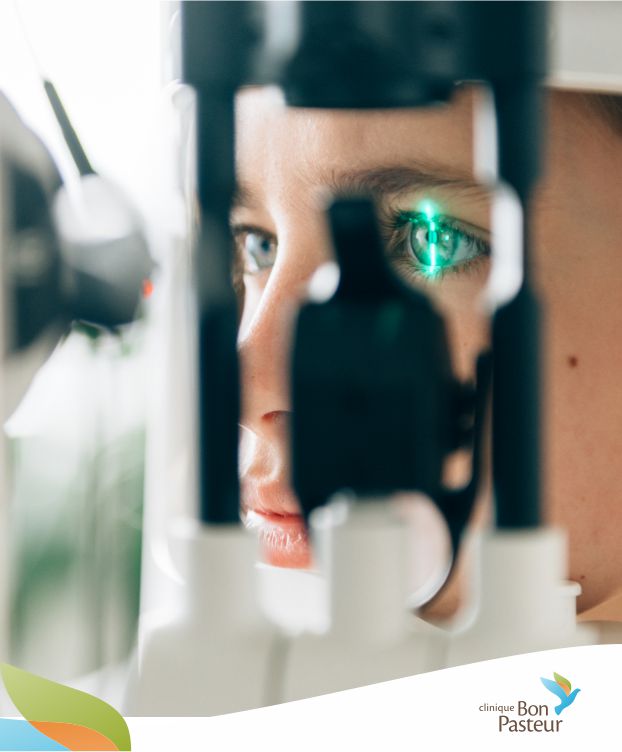
Related Article
